You are here
Back to topJapan Bans Export of Fruit and Vegetable Seedlings
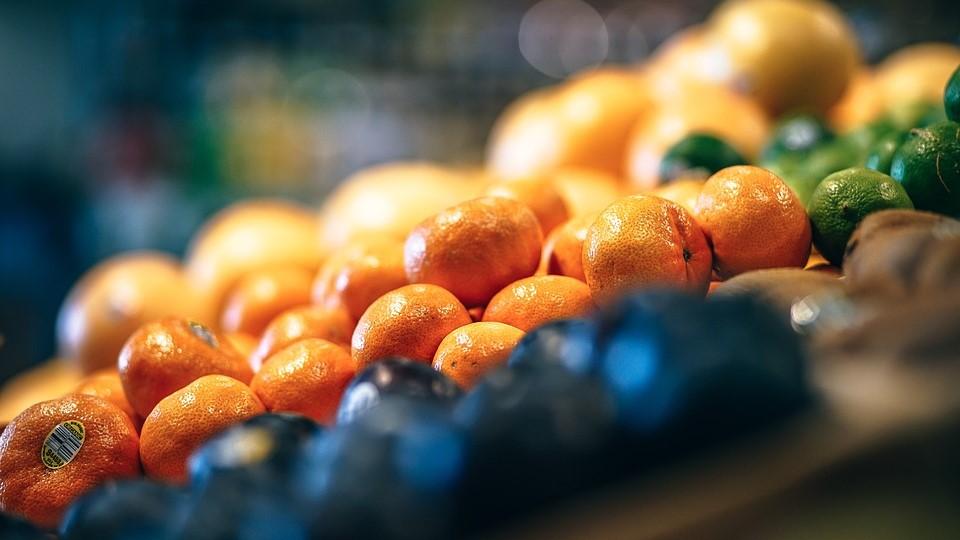
According to a report from news outlet LiveJapan.cn, Japan’s recent amendments to seedling legislation came into effect on April 1. The new legislation prohibits individuals or corporations from taking seeds or seedlings of registered Japanese agricultural produce varieties out of Japan without prior permission. On April 9, Japan’s Ministry of Agriculture, Forestry and Fisheries released a list of 1,975 Japanese plant varieties whose seedlings are not allowed to be taken out of the country, including trademarked varieties such as Shine Muscat grapes, Hakata Amaou strawberries from Fukuoka Prefecture and Yumepirika rice from Hokkaido.
This list was the first official communication regarding affected varieties since the new seedling law came into effect and mainly consists of fruit and rice varieties. The new law allows trademark holders to prevent activities such as the planting or export of branded varieties outside of designated regions. It is now illegal to harvest the seeds of trademarked varieties for planting without the permission of the trademark holders; individuals caught illegally transporting these seeds or seedlings outside of Japan will face a penalty of up to 10 years imprisonment or a fine of up to 10 million Japanese yen ($92,000). For corporations engaging in these acts, the maximum fine increases to 300 million yen ($2.8 million).
The background to this legislative change is that many high-end Japanese crop varieties were being grown in China and South Korea without authorization then sold for low prices. This limited Japan’s ability to raise the brand value of these crop varieties and was detrimental to Japan’s agricultural export sector. The new legislation had been in the pipeline since 2019.
Japan has highly advanced plant breeding programs, cultivation technology and commercial growing capability. Statistics show that in Japan, developing a new cultivar of one of seven or eight common types of fruit tree, such as apples, pears, citrus fruit and peaches, takes an average of 24.5 years. Japanese fruit growers have thus poured large amounts of time and labor into cultivating new varieties, yet often the rewards of this labor were being reaped elsewhere. For example, many fruit varieties that are popular in China, such as the Hongyan (Dandong 99) strawberry, the Sagahonoka (Saga No. 2) strawberry, the Red Beauty mandarin and the Kanpei mandarin, were secretly brought into China without authorization before being grown and sold.
Aside from this legally questionable practice of bringing in seedlings, China also relies in large part on imported seeds for its vegetable and grain crops. Each year, China imports seeds from nearly 50 different countries and territories. According to a report from the China National Seed Trade Association, in 2018 China imported 72,700 tons of grain crop seeds, with an import value of $475 million, or approximately 3.2 billion Chinese yuan.
Many of China’s high-quality vegetable and grain varieties come from other parts of the world. For example, in Northeast China, one of China’s major grain-producing regions, German corn seeds are used in great quantities, while the Huang–Huai–Hai region mainly uses seeds of a U.S. seed variety called “Xianyu 355.” In the vegetable-growing region of Shouguang in Shandong province, around 30% of vegetable seeds are imported. Seeds for the white radish, a common sight at markets, are mainly imported from South Korea, while chili pepper seeds mostly come from Israel. At present, China’s domestic seed research and development programs are not particularly advanced. Data show that China’s top 50 seed companies collectively invest an annual sum of only 1.5 billion yuan ($230 million) in seed research and development — less than one-seventh of the budget for U.S. company Monsanto alone.
With the old ways of “plagiarizing” plant varieties no longer on the table, China is left to rely on buying grain for a sense of security — yet this is not a guaranteed solution. In February 2021, the Chinese central government’s first official document of the year mentioned that the seed industry is in need of bolstering, expressing the hope that China’s fruit and vegetable industry will cultivate more high-quality varieties, keeping the intellectual property rights within China — similar to what has already been achieved with hybrid rice. It is this kind of innovation that will guarantee a sense of security in China’s agricultural sector.
Image: Pixabay
This article was translated from Chinese. Read the original article.



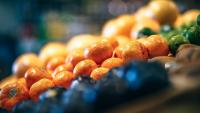
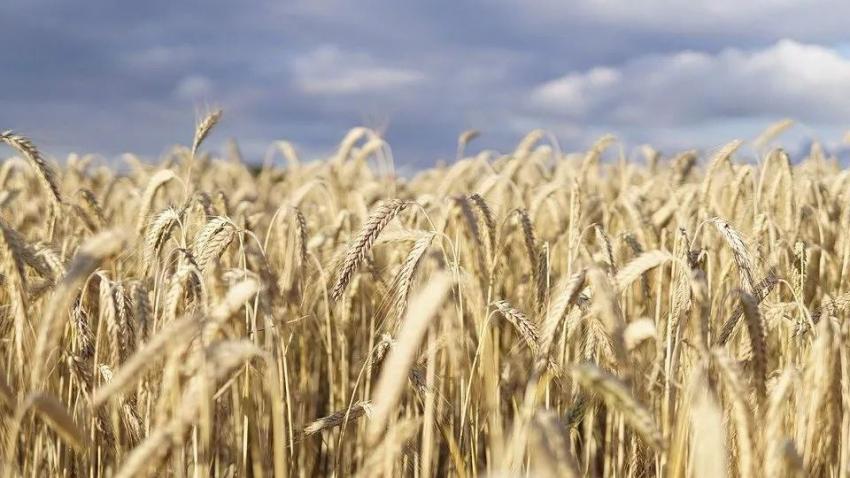
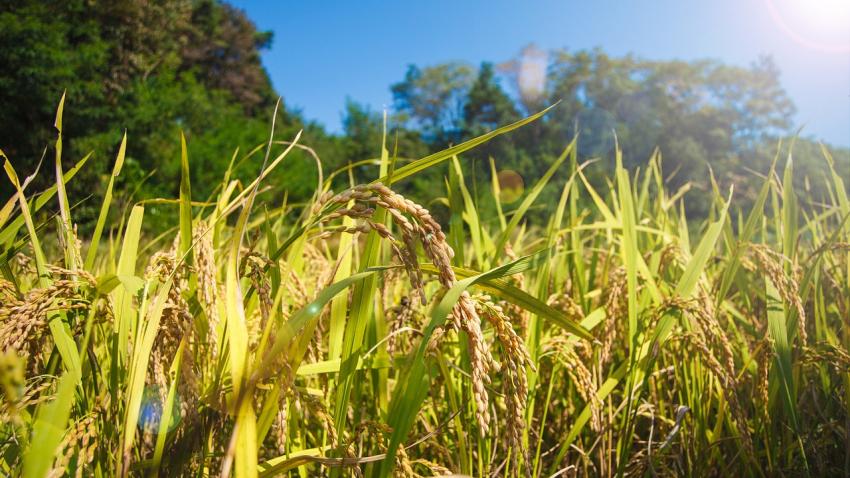
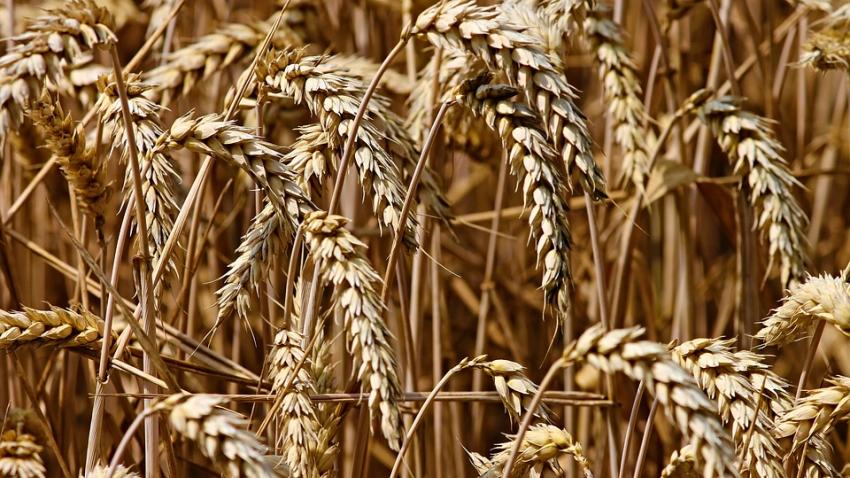







Add new comment